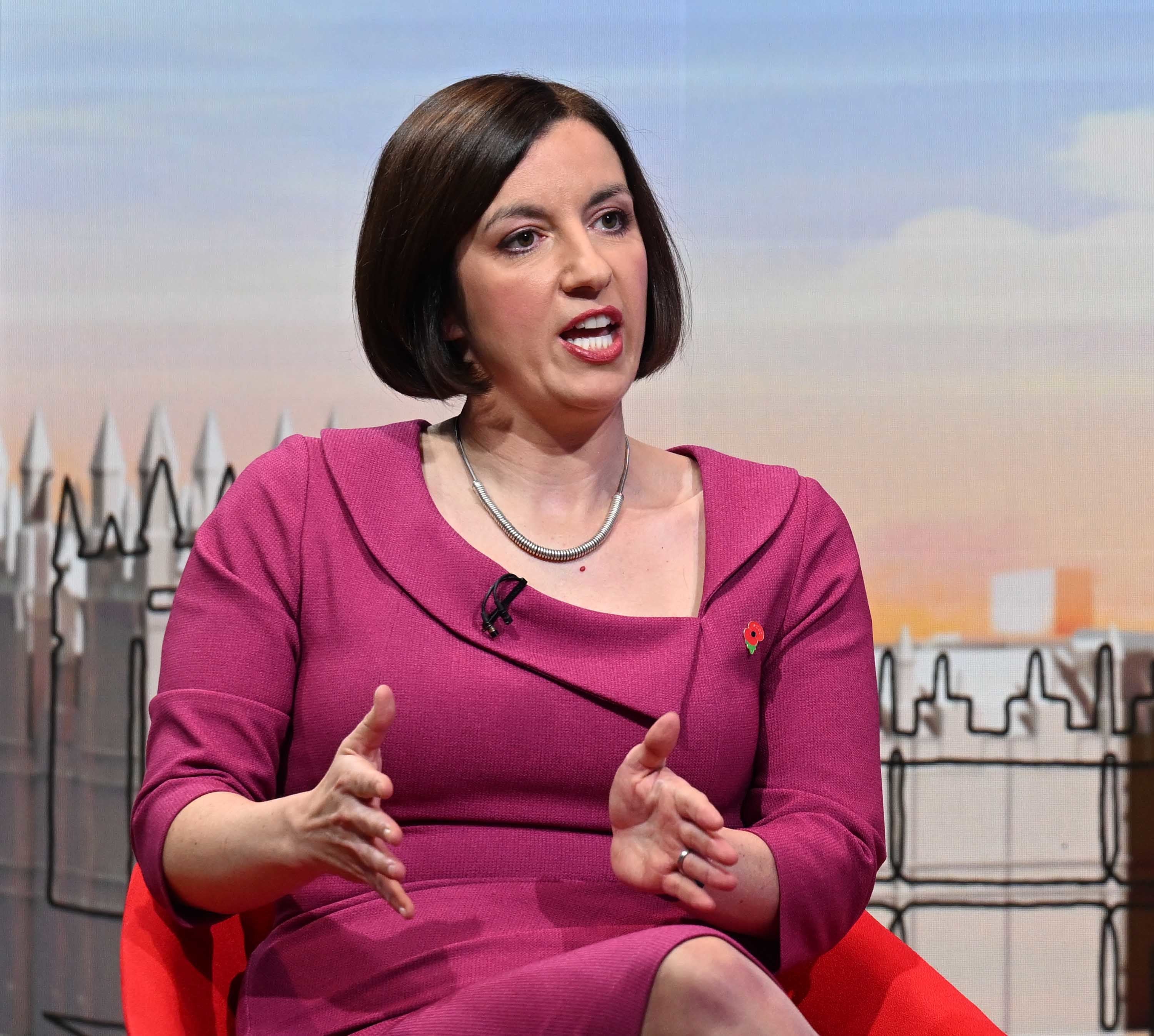The Budget raid on private schools like mine puts their very existence under threat
The independent school sector isn’t all embossed stationery and swimming pools, argues headteacher Dr Rebecca Ashcroft – and it’s not just education that’s at stake. The chancellor’s Budget affects the very ethos of educational choice that underpins our society

Rachel Reeves has now confirmed in her first Budget that she will introduce VAT on private school fees from January 2025 – and (from April) will remove business rates relief, too.
As the head of a co-educational private day school, I can say with some certainty that these decisions threaten not just the existence of independent schools – but the very ethos of educational choice that underpins our society.
Independent schools are often misrepresented as large, exclusive institutions catering only to the wealthy elite. But they’re not all embossed stationery and swimming pools. In reality, the landscape of independent education is far more complex and varied.
My school – Red House, in the northeast of England – serves a broad spectrum of families, providing tailored educational experiences that cater to different needs and aspirations. Indeed, most independent schools are small – 50 per cent have fewer than 285 pupils. Many independent schools like mine offer bursaries and scholarships to ensure that a high-quality education is accessible to all.
What’s more, the Independent Schools Council 2024 census shows independent schools provided more than £1.4bn in fee assistance to families – and more than a third of all pupils are receiving some type of fee assistance. Imposing VAT on fees only heightens financial barriers, making it more challenging for families to choose the best educational fit for their children.
The prejudicial rhetoric employed by education secretary Bridget Phillipson, who earlier this month said private schools would go without new pools to cope with the taxes, is equally troubling. Her damaging narrative frames independent schools as elitist; fostering division rather than collaboration. By portraying independent schools as detrimental to the state system, she ignores the thousands of partnerships with state schools that enrich our educational landscape – and her comments perpetuate harmful stereotypes that ignore the reality of our sector.
The 2023 report by the Institute for Fiscal Studies, which suggested that £1.6bn in tax revenues could be raised, has been cited by the government as justification for these changes. But the argument overlooks the diversity within our sector; reducing a complex landscape to simplistic figures that do not reflect the true impact of such tax policies on families and schools alike.

The argument that VAT will lead to increased funding for state schools and 6,500 new teachers is also misleading. By imposing VAT, the government risks displacing an estimated 90,000 to 130,000 pupils from independent schools and overwhelming an already strained state system. This influx could crowd out children from less affluent backgrounds, undermining the very pupils – the so-called 93 per cent – the government aims to support. Education should empower choices, not restrict them.
Independent schools play a critical role in the educational landscape, offering innovative programmes and specialised support for pupils with special educational needs and abilities. When VAT is added to fees, many of these families will be forced to withdraw their children from these providers. These children often thrive in independent school settings that offer tailored support – their displacement could cause significant emotional distress. The state education system is not equipped to absorb such a surge and risks collapse.
And the confirmation in the Budget of the government’s decision to remove business rate relief from April 2025 will also have further far-reaching consequences for the independent school sector. At Red House, the removal of business rates relief will result in an additional annual cost of £72K. The policy will undoubtedly add a further strain to school budgets; impacting resources, tuition fees, staffing and support services.
As an educator and a leader in the independent sector, I urge the government to reconsider its approach and engage in meaningful dialogue with stakeholders. The Labour hierarchy’s refusal to communicate with school leaders is concerning. Parents and teachers have said negative comments about government policy have even been deleted from the education secretary’s Facebook page! My local MP, Chris McDonald, has also not responded to my outreach since the election, leaving a crucial void in dialogue about the real impacts of this policy.
Indeed, Labour MP for York Central, Rachael Maskell even warned her own party today, before the Budget, that taxing independent schools “simply won’t work” and urged them to perform a U-turn. It’s a shame they didn’t listen.
It is time for the government to listen and rethink policies that threaten our educational choices. Education is not merely a commodity; it is a right that must remain accessible to all. Let us advocate for a fairer approach that respects the unique contributions of independent schools. Together, we can ensure that every child, regardless of background, has access to the quality education they deserve.
Dr Rebecca Ashcroft is the head of Red House School, a co-educational independent school for children aged 3-16 in Norton, Stockton-on-Tees






Join our commenting forum
Join thought-provoking conversations, follow other Independent readers and see their replies
Comments